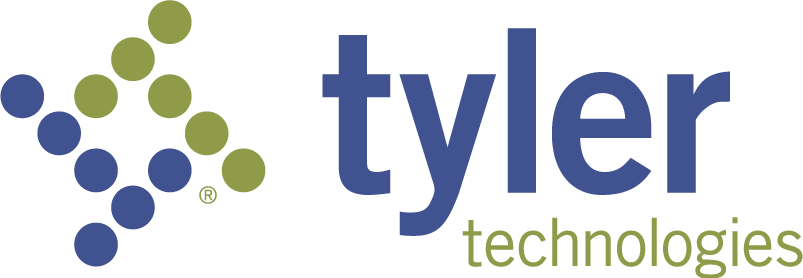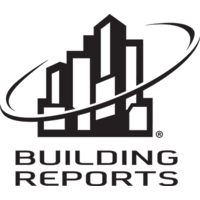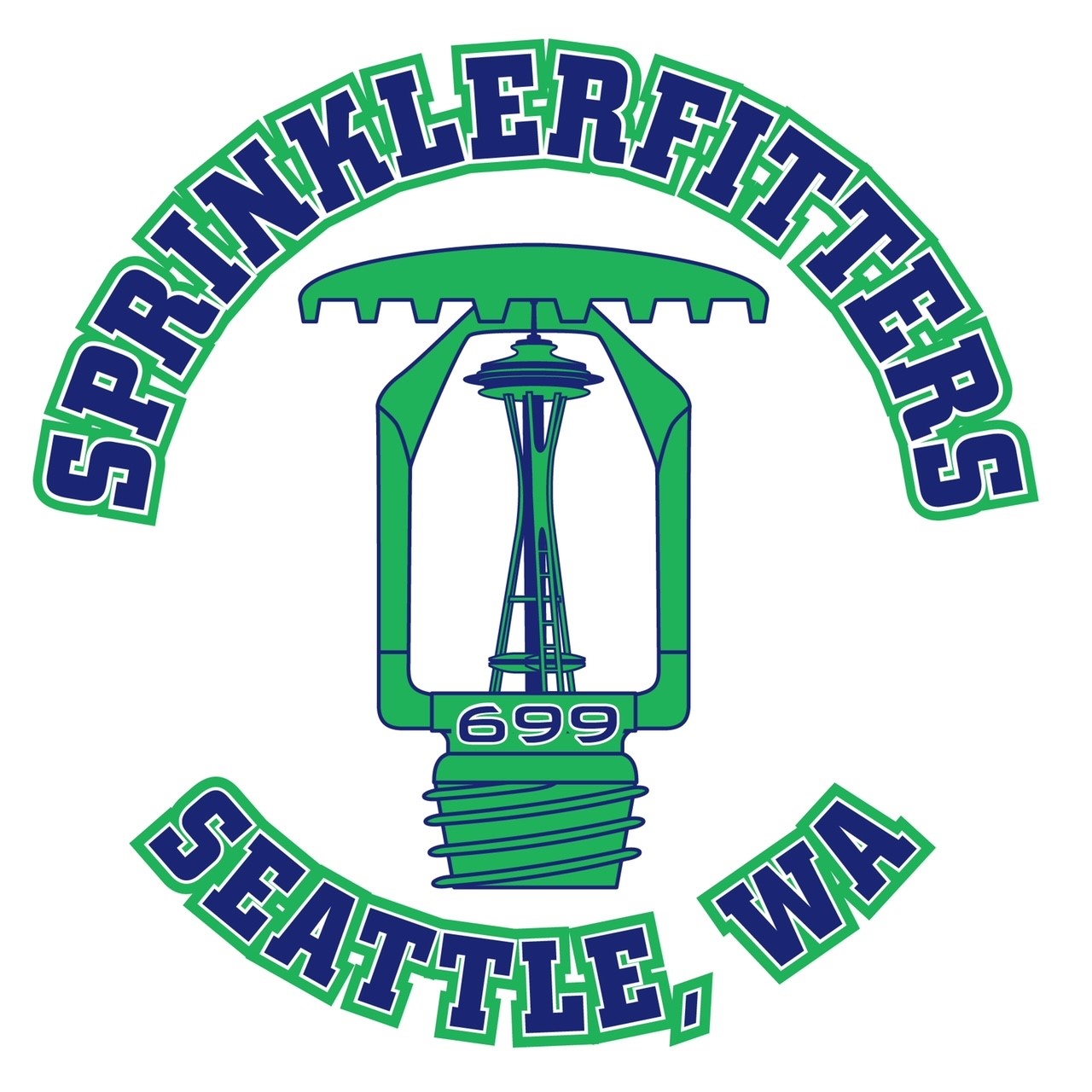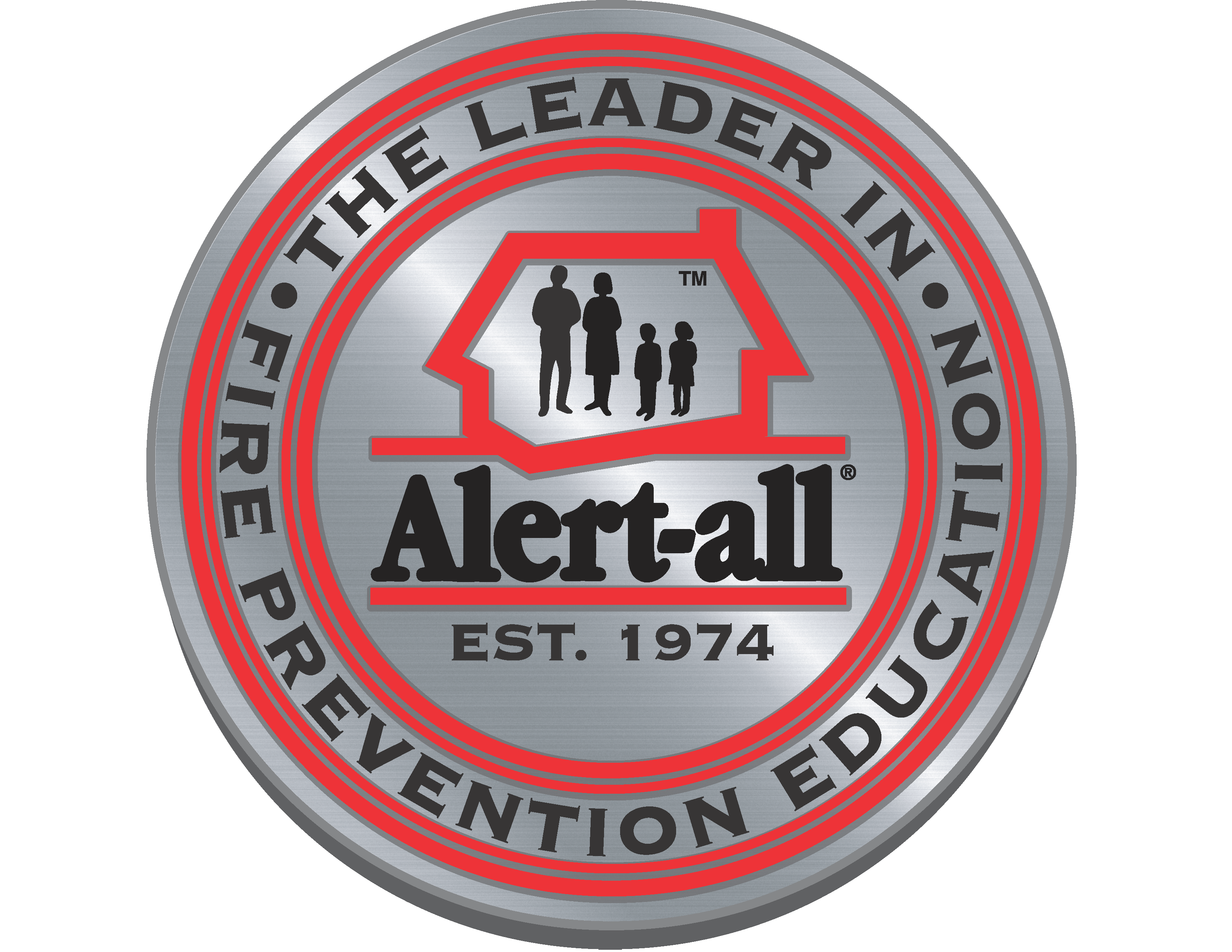Monthly Webinar Series
We will be providing 90-minute monthly webinars on selected IFC topics. The annual webinar series is now included in the annual membership dues and all members of your agency will have access to this training at no additional charge. Please consider joining our association to receive this benefit or purchasing this valuable training as a non-member.
See Webinar Access Page in the menu above (Login) to register or access the webinar recording.
2025 WSAFM Webinar Series
All Webinars at Thursday at 08:30hrs
(Subject to Change for Emergencies)
January 23, 2025 IBC/IFC Approaches to Haz Mat - Part 3
This course covers the IFC Chapter 50 requirements for hazardous materials use and handling. It describes the construction and fire protection requirements for environments less than and exceeding maximum allowable quantities. It also describes requirements for outdoor dispensing operations.
February 27, 2025 Aerosols
Pressurized containers with flammable contents can rocket through a building when exposed to fire and spread fires along their burning trails. This course covers the IFC Chapter 51 requirements for aerosol manufacturing, storage and retail display. It explains aerosol classification and the fire protection design and systems for aerosol storage.
March 27, 2025 Energy Storage Systems
Energy storage and distribution is a complex and rapidly change field. Many energy storage systems create serious fire hazards that are difficult, if not impossible, to control. This course covers the IFC Chapter 12 requirements for energy storage systems (ESS). It covers the various ESS technologies, regulatory thresholds, maximum storage amounts and fire protection criteria.
April 24, 2025 Combustible Dust
Combustible dust is responsible for many deaths, injuries and major property losses. This course covers the IFC Chapter 22 requirements that provide dust analysis tools and safety feature to prevent dust explosions.
May 22, 2025Compressed Gases
Compressed gases include many hazards including flammability, toxicity, corrosiveness and oxidation that promotes combustion. They include the danger of rapid energy release if damaged. This course provide a high-level overview of the IFC requirements for various classes of regulated compressed gases.
June 26, 2025 Flammable/Combustible Liquid Storage
Flammable and combustible liquids are pervasive in our world. Our economy could not function without them. This course consists of requirements for storing these liquids in containers, tanks and other vessels.
July 24, 2025 Fire Protection ITM
Like any other mechanical or electrical equipment, fire protection systems need regular inspection, testing and maintenance (ITM). This course covers the IFC Chapter 9 and NFPA standards pertinent to ITM.
August 28, 2025 Flammable Finishes
Flammable finishes are applied to many products in many ways: spraying, dipping and electrostatic equipment. This course covers the IFC Chapter 24 requirements for construction and fire safety controls in these hazardous environments.
September 25, 2025 Group I-1, Condition 2 Occupancies
Institutional occupancies provide many fire and life safety challenges as a consequence of their occupants who may suffer from limited mobility, decreased cognition or other problems. This course covers the IBC and IFC requirements for Group I-1, Condition 2 occupancies.
October 23, 2025 Fire Safety during Construction
National fire data tell us fires during construction, demolition or alteration remain a significant problem. This course addresses the IFC Chapter 33 and NFPA 241 controls intended to prevent these fires and mitigate their consequences.
November 20, 2025 IFC Chapter 11 - Existing Buildings
There are many existing buildings that have life safety and fire hazards no longer acceptable to modern sensibilities. This course reviews IFC Chapter 11 requirements for existing buildings whether or not they are scheduled for renovation.
December 18, 2025IEBC for Fire Safety Systems
The International Fire Code is inherently linked to the International Existing Building Code for remodeling and alteration projects. This course summarizes the IEBC requirements for the three different "alteration" levels described in the code.
NEW! 2026 WSAFM Webinar Series
All Webinars at Thursday at 08:30hrs
(Subject to Change for Emergencies)
January 22 2026- Fire Protection System Acceptance Testing
Fire protection systems can be complicated. Approving them for occupancy may seem a daunting task. Fortunately, the national model codes and standards – as well as combined efforts from local building and fire agencies – offer checklist-type tools to help the field inspector.
This course describes commonly encountered fire protection systems while summarizing acceptance test requirements and where to find code- or standard-compliant documentation.
February 26 2026- Crowd Managers and Fire Watches
Large indoor and outdoor public venues create a special challenge for fire code officials. Attendees may not be familiar with the facility, may be impaired by alcohol or drugs and may even be an attraction for unwanted criminal activity.
March 26 2026- Significant Changes and Trends – Alternate Methods and Materials
Design, technology and materials change faster than code development and updating process can respond. Often, a design profession will propose something in anticipation of future code requirements, but the local jurisdiction is locked into an outdated code. One solution is for the permit applicant to submit an “AMM”, an alternate methods and materials approach the code official can approve if it meets the code language or intent.
April 23 2026- Portable Fire Extinguishers
Portable fire extinguishers likely are the most common fire protection equipment inspectors encounter. Based on the IFC and NFPA10 requirements, nearly every occupancy requires at least one extinguisher, and often many more. This course expands on the familiar ABC multipurpose extinguishers by explaining how extinguishing agents work, where specialty extinguishers are required, and detailed distribution and mounting specifications.
May 28 2026- IBC/IFC Egress Overview
A foundational strategy for life safety in buildings and facilities is to provide unobstructed, protected paths to escape hazardous conditions. This is accomplished by limiting egress travel distance, providing protected enclosures and installing simple-to-use door hardware.
This course covers the correlated IBC and IFC requirements for egress and emphasizes the importance of building and fire code official collaboration.
June 25 2026- Hazard Communication
Few communities exist where hazardous materials don’t occur. Products ranging from household chemicals, motor vehicle fuels and industrial substances are found almost anywhere. If these materials remain in their original containers they are relatively benign . . . Should they escape, the fire service often is the first agency to respond. Accurate information is essential to satisfactory incident outcomes.
This course covers the International Fire Code permitting and reporting requirements for hazardous materials.
July 23 2026- Mobile Fueling
Marketing and distribution have changed dramatically in recent years. Where once a person had to travel to obtain goods and services, nowadays they may be delivered to one’s front door in a matter of hours.
The same service holds true for motor vehicle fueling with liquid fuels or hydrogen. . . no longer must one travel to a fixed site, now the fuel can be delivered almost anywhere.
This course reviews the International Fire Code safety considerations for consumer motor vehicle fueling away from fixed facilities.
August 27 2026- Additive Manufacturing
Additive manufacturing – commonly called 3-D printing – is a relatively new technology where objects ranging from toys to houses can be produced by computer-controlled equipment. The process includes hazards with compressed gases and combustible powders.
This course summarizes the fire code controls for small-scale and industrial additive manufacturing.
September 24 2026- Fire Code Permitting
A fire code permit essentially is fire department authorization to construct or operate hazards that might cause or contribute to a fire or environmental emergency. The “permitting process” is intended to provide the fire code official a framework for reviewing and commenting on the hazard before it begins. Fire code permits are an excellent tool to achieve code compliance. This course covers the IFC Chapter construction and operational permit rules.
October 22 2026- Commercial Cooking
Commercial cooking is a common fire source and one that is heavily regulated by national fire codes and standards. Consequences of a commercial kitchen fire can be significant in both injuries and losses.
The course -- based on the International Code Council codes and NFPA 96 -- will assist code officials, design professionals, contractors and builders understand the ICC codes regulating commercial cooking exhaust hood systems.
November 19 2026- Lithium Chemistry Batteries
While there are many battery chemistries associated with energy production and storage, lithium-based systems and equipment seem to have the public’s attention. Numerous vehicles, micro-mobility and stationary facility fires are attributed to lithium chemistry batteries.
This course reviews lithium chemistry battery hazards and code requirement for control and mitigation.
December 17 2026- Fire Apparatus Access and Fire Protection Water Supplies
Fire apparatus access and fire protection water supply requirements are not found in the building code. It is incumbent on the fire code official to assure these essential facilities are provided for new construction.
This program identifies the International Fire Code® requirements and appendices for fire apparatus access roads, fire protection water supply, fire flow and fire hydrant spacing. It includes information on alternative water supplies where municipal-type systems do not exist. It addresses the fire code official’s authority to develop local policies that address specific local conditions like topography and climate that may affect fire apparatus access.
About the Presenter
Rob is the owner and principal of Integra Code Consultants, a Maryland-based firm that provides construction code consulting, plan review and training.
Previously, he was the International Code Council’s Government Relations Vice President for National Fire Service Activities and Deputy Superintendent for the United States Fire Administration National Fire Academy in Emmitsburg, Maryland.
He is the former Bellingham Fire Marshal and chief at Lynden/Whatcom County Fire District No. 3
If you have any questions, please Rob at RNeale1951@Outlook.com






.jpg)

.jpg)


